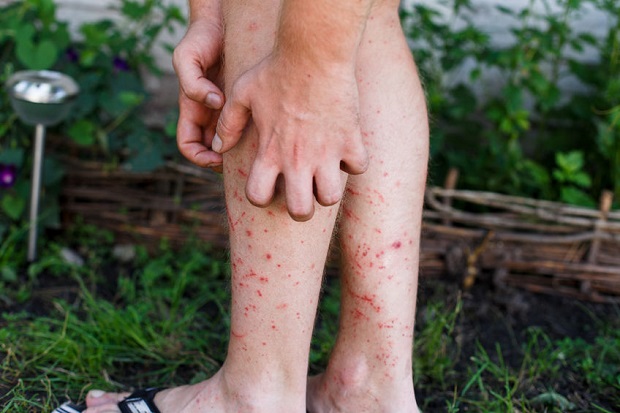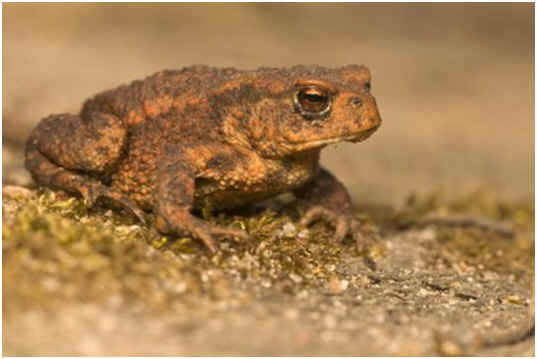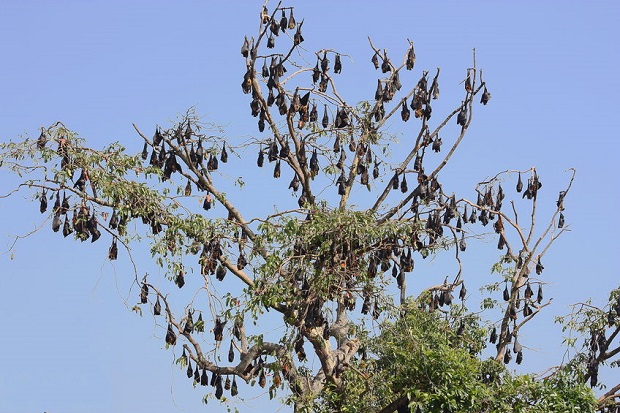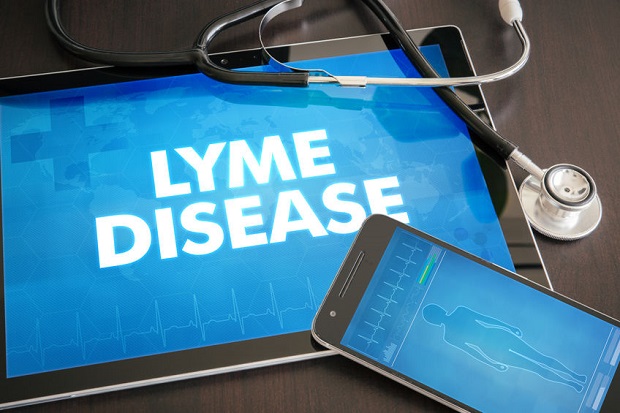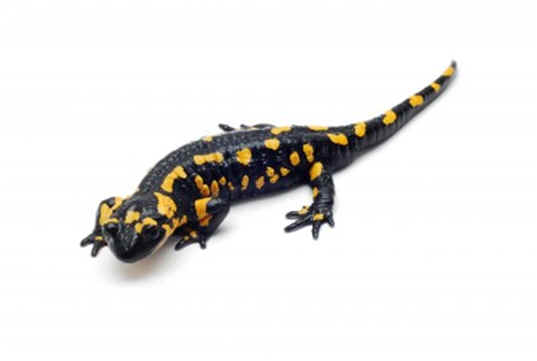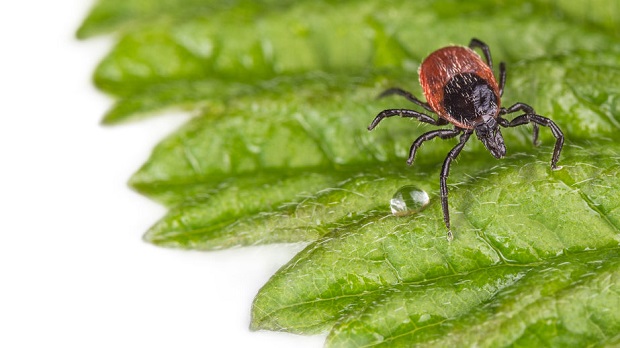
Can Ticks Live Underwater?
Ticks can live underwater. The length of time that they can survive depends on their life cycle stage and whether or not they are engorged.
- Adult unfed ticks can survive underwater for more than three weeks.
- Unfed tick nymphs can survive underwater for more than seven weeks.
- Engorged larvae and nymphs can live underwater for 3-5 days.
- Females with eggs can live underwater for 3-5 days.
Jump Ahead
- How Long Can Ticks Live Under Water?
- Ticks Can Survive Washing Machine Cycles
- How Can Ticks Survive Underwater?
- Most Effective Ways to Kill Ticks
- Glossary of Terms
- Resources
How Long Can Ticks Live Under Water?
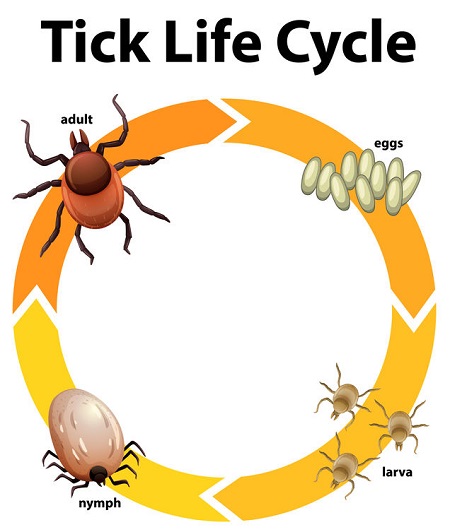
According to one study measuring the survival of the lone star tick under flooding conditions, ticks in all life cycle stages can live underwater. Under laboratory conditions, unfed larvae and adult ticks that were submerged in 68°F water survived for 3.2-3.5 weeks. Under the same conditions, unfed nymphs survived 7.3 weeks up to a whopping 19 weeks! Engorged larvae, engorged nymphs, and females with eggs survived an average of 3.4-5.5 days. [1]
Ticks Can Survive Washing Machine Cycles

Though many professionals suggest washing your clothes following woods activities to kill any stray ticks, an interesting experiment conducted by Agricultural Research Service entomologist John Carroll concluded that some tick species survive the wash cycle.
In the study, the entomologist sent two different species, the lone star tick, and the deer tick, through the wash cycles. He altered the water temperature and detergent types and discovered that the lone star ticks survived all temperature/detergent combinations, and most deer ticks survived. [2]
Interestingly, all of the ticks of both species died when sent through the dryer set on a high heat setting for one hour, suggesting that high temperatures for prolonged periods kill ticks and not water. [3]
How Can Ticks Survive Under Water?
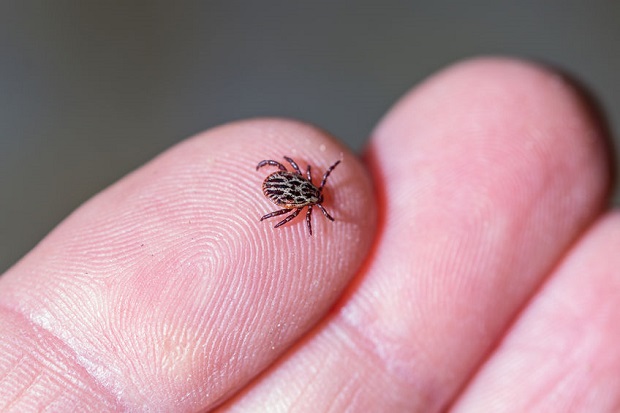
So as terrestrial beings, how are ticks able to survive so long underwater? According to scientist Laura Fieldan, the tick’s complex spiracle system acts as a plastron. A plastron is an alternative respiration system that absorbs oxygen from water. In her study, she also speculated that underwater survival might be enhanced by metabolic depression, an adaptive biological process for energy preservation, and possibly anaerobic respiration, through which cells can break down sugars to generate energy without oxygen. [4]
Most Effective Way to Kill Ticks
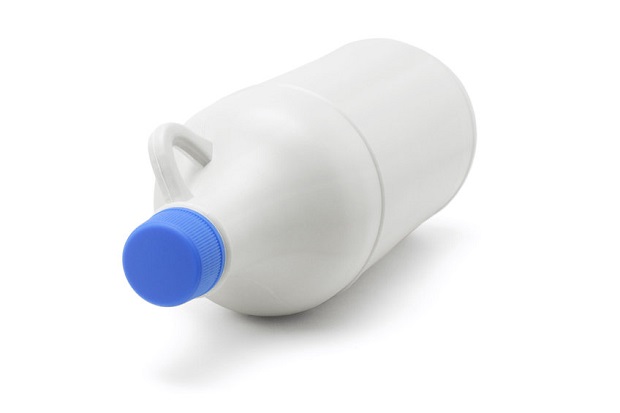
Dropping a tick in rubbing alcohol is an effective method to kill it. [5] According to Medicine.net, dropping ticks in bleach will also work. For tick eggs and larvae, sprinkling salt or borax on furniture and carpets will help kill them by drying them out. [6]
Glossary of Terms

- Metabolic Depression – an adaptive biological process for energy preservation (PubMed)
- Anaerobic Respiration – a type of respiration through which cells can break down sugars to generate energy in the absence of oxygen (BiologyDictionary.net)
Resources
- [1] Koch, H. G. (1986). Survival of the lone star tick (Acari: Ixodidae) under flooding conditions: A laboratory evaluation1. Journal of Economic Entomology, 79(6), 1555–1557. https://doi.org/10.1093/jee/79.6.1555
- [2] [3] USDA – Agricultural Research Service – “Ticks Don’t Come Out In the Wash.”
- Weiler, Martin. “Tick Abundance: a one year study on the impact of flood events along the banks of the river Danube, Austria.” Experimental and Applied Acarology. 2017; 71(2): 151-157
- [4] [5] Fielden, L. J., Knolhoff, L. M., Villarreal, S. M., & Ryan, P. (2011). Underwater Survival in the dog Tick Dermacentor variabilis (Acari:ixodidae). Journal of Insect Physiology, 57(1), 21–26. https://doi.org/10.1016/j.jinsphys.2010.08.009
- [6] Medicine.net – “What Home Remedy Kills Ticks? 7 Natural Home Remedies.“
